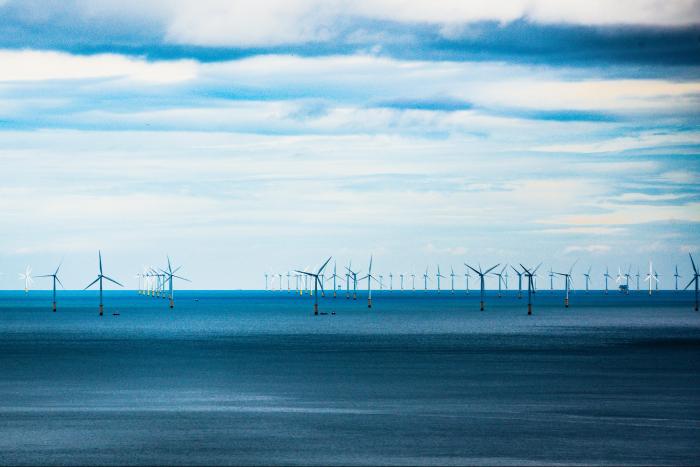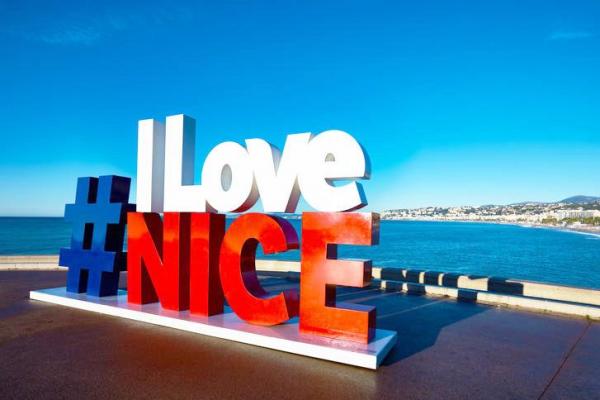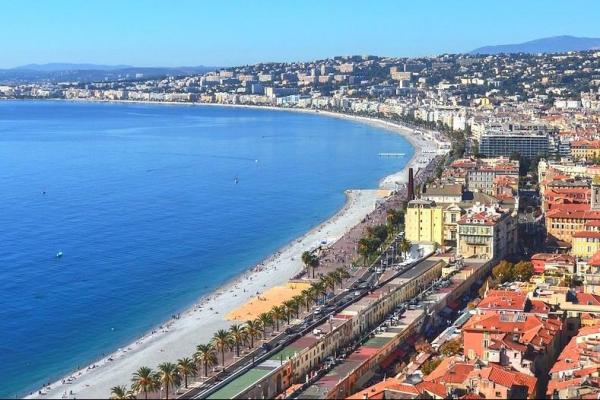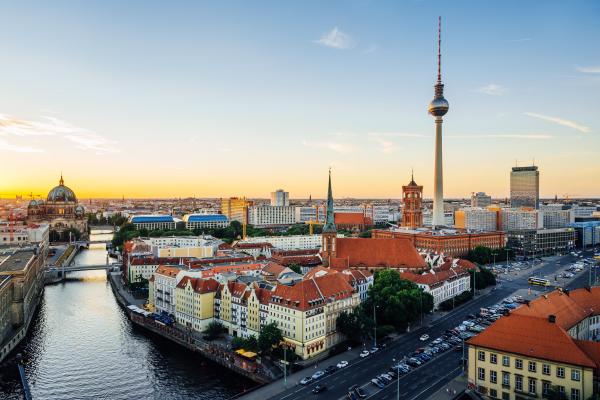
Master in Global Energy Transition and Governance
Master
In Berlin (Germany) and Nice (France)
*Indicative price
Original amount in EUR:
8,900 €

Be part of the Sustainable Change!
-
Type
Master
-
Location
-
Duration
1 Year
-
Start date
April
other dates -
Credits
60
Are you interested in sustainable development and energy transition in an international context? Do want you to study and travel between France and Germany?
The one-year Master in Global Energy Transition and Governance delivered by the Centre international de formation européenne aims to analyse the links between the different levels of energy governance, from an international to a local level, offering problem-focused learning at the crossroads of theory and practice.
Following the slogan 'Learning and living Europe', the participants move their place of studies from Nice to Berlin.
The first term (October to December), in Nice, provides students with strong theoretical knowledge on the main international energy-related issues.
In Berlin (January to March), students will explore the topic of energy economic governance while taking part in field visits to explore the potential and practical aspects of the energy industry as well as the means put into practice by cities and organisations.
Back to Nice (April to June), students will participate in simulations and skills workshops, organise a study trip to Brussels and will have time to focus on their Master thesis which will be defended in June.
Facilities
Location
Start date
Start date
Start date
About this course
Our programme aims to provide a thorough understanding of the complexity of today's energy transformations in Europe and around the world. The ambition is to train competent policy officers in energy development.
The Master in Global Energy and Governance is aimed at students who have already completed a first degree (minimum three years of study at university level). Furthermore, students must have an active knowledge of English. The programme of is open to all disciplines and professionals.
The programme is taught in English and therefore an active knowledge of the English language is required with:
- C1 level certification (IELTS/TOIEC or equivalent)
- Or minimum 1 year of study in an English-speaking university
Other documents:
1. Letter of motivation
2. Curriculum Vitae
3. Passport size photograph
4. Copies of university diploma/s and transcript of records (together with an official translation if it is not in French or English)
For more information on requirements, visit: www.cife.eu
Students who successfully complete the programme are awarded two certifications at the end of the academic year:
- Master in Global Energy Transition and Governance: This is the diploma of CIFE as a private institution of higher education, granting 60 ECTS credits at Master level.
- The degree qualification Chargé de mission en organisations européennes et internationales (Policy Officer in European and International Organisations): This qualification is recognised by the French state as a degree at Master level (level 7 of the European Qualification Framework EQF).
With its unique approach enabling students to understand the complexity of current energy transformations in Europe and worldwide, our Master provides both practical and theoretical insightful knowledge. Students learn from the best energy practitioners and qualified teachers to build solid foundations for their future careers.
Candidates must submit a registration dossier to the CIFE secretariat.
They can either apply via the online application form (www.ie-ei.eu/en/11/Registration) or send the application form by email.
For more information please visit: https://www.cife.eu/en/3/how-to-apply_259-1
Reviews
Subjects
- Governance
- International
- Global
- Local administration
- Local development plans
- Energy Markets
- Energy Management
- Energy Development
- Government Politics
- Politics
- Conflict
- Cooperation project management
- European Politics
Teachers and trainers (2)
François Bafoil
Director of the Master in Global Energy Transition and Governance
He obtained his doctorate at Sciences Po and his habilitation in sociology to direct research at the University of Grenoble 2. He holds degrees in philosophy and Polish (INALCO). He worked at the University of Lodz in Poland in 1984, then as a researcher in Berlin from 1988-1994 (Alexander von Humboldt Foundation, WZB), where he joined CERI in 2003. He is professor at CIFE and head of the MA in Global Energy Transition and governance.
Rachel Guyet
Director of the Master in Global Energy Transition and Governance
Course programme
- 1. International Energy Governance and Conflicts
- 2. Economic Energy Governance and Markets
- 3. Clean Energy Transitions in the European Union
- 4. Cities and Citizens in the Energy Transition Process
- 5. Professional Skills and Methodology
It includes 3 different areas:
- Professional Skills
- Soft Skills
- Job Support Service
Additional information
Master in Global Energy Transition and Governance
*Indicative price
Original amount in EUR:
8,900 €








